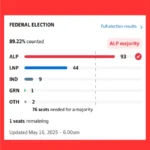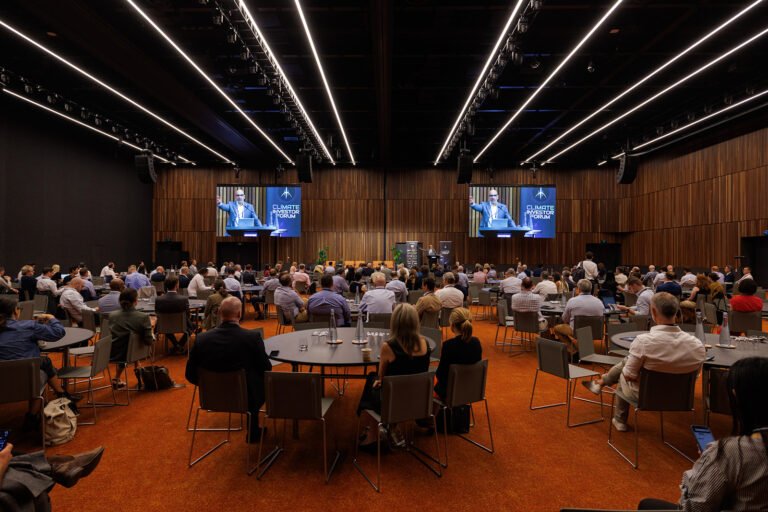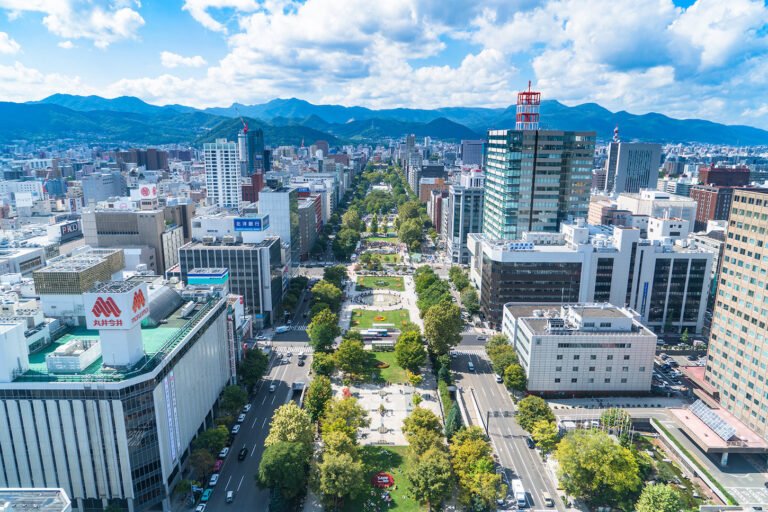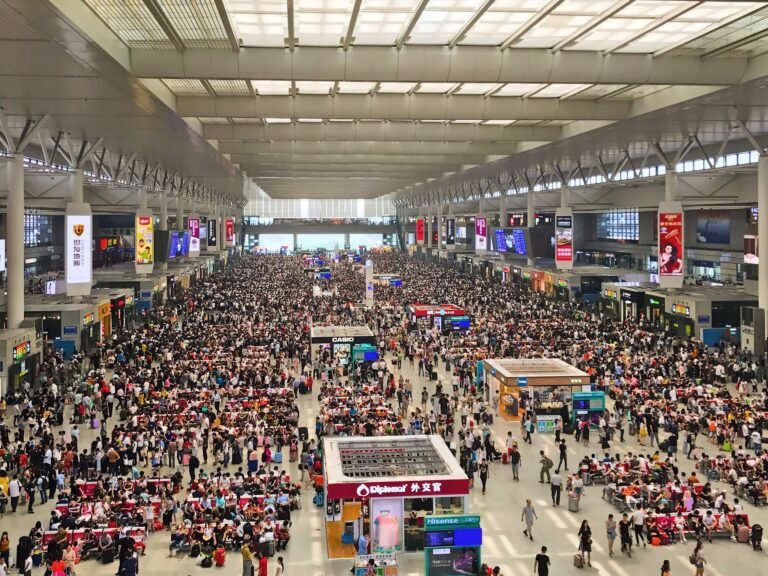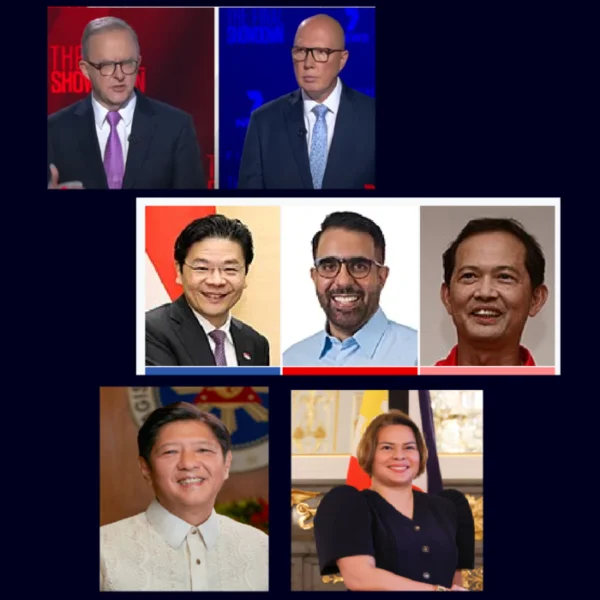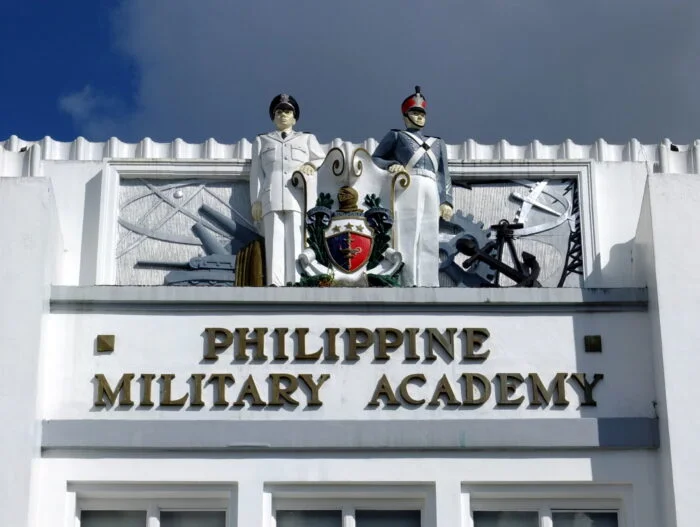The elections intensified between two powerful dynasties of President Ferdinand Marcos Jr. and Vice President Sara Duterte.
Image/ Video: Newsmakers
The Philippines’ 2025 midterm elections have reshaped the nation’s political landscape, particularly concerning trade with Australia and regional security dynamics.
The 2025 midterm elections have set the stage for a complex interplay of domestic politics and international relations in the Philippines. For Australia, the evolving political dynamics necessitate a nuanced approach to engagement, balancing opportunities for economic partnership with the imperative of regional security cooperation.
Political Landscape and Foreign Policy Shifts
The elections have intensified between two powerful dynasties of President Ferdinand Marcos Jr. and Vice President Sara Duterte. While Marcos’ allies secured a majority in the Senate, Duterte-aligned candidates also made substantial gains, indicating her enduring political influence despite ongoing impeachment proceedings .(Financial Times, Reuters)
Foreign policy, especially relations with China, emerged as a central election issue. Marcos has adopted a firmer stance against China’s activities in the South China Sea, strengthening ties with the U.S., Australia, and Japan . In contrast, Duterte’s camp favors a more conciliatory approach toward Beijing, reminiscent of her father’s presidency.(The Australian)
Implications for Australia-Philippines Trade
Australia and the Philippines have been enhancing their trade relations, focusing on sectors like agriculture, education, and renewable energy. The election results suggest a continuation of Marcos’ pro-Western economic policies, potentially benefiting Australian exporters and investors.
However, internal political divisions and the potential resurgence of Duterte’s influence could introduce policy uncertainties. Moreover, external factors, such as the recent imposition of a 17% U.S. tariff on Philippine exports, add complexity to the trade environment .(The Australian, ASEAN Briefing)
Regional Security Considerations
The Philippines’ strategic position in the Indo-Pacific makes its political orientation crucial for regional security. Marcos’ alignment with Western allies has led to increased joint military exercises and defense collaborations, reinforcing a collective stance against China’s assertiveness in the South China Sea.
Australia, sharing concerns over maritime security and freedom of navigation, stands to benefit from a Philippines committed to multilateral defense initiatives. However, the internal political tug-of-war could affect the consistency and reliability of such collaborations.(APAC Assistance)

